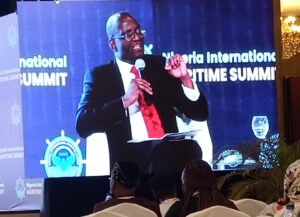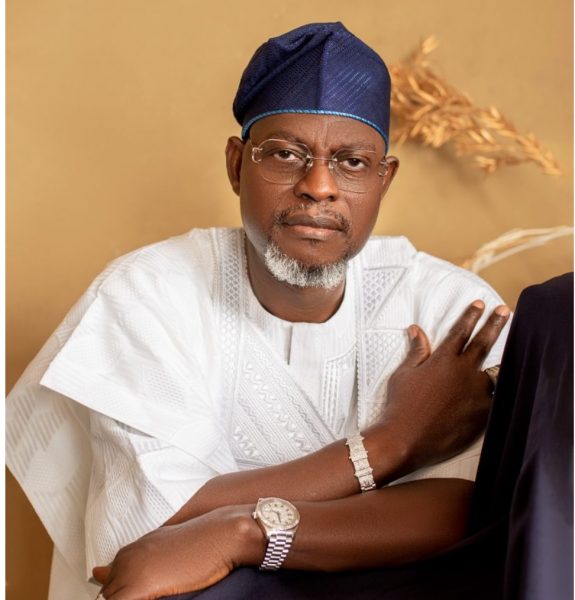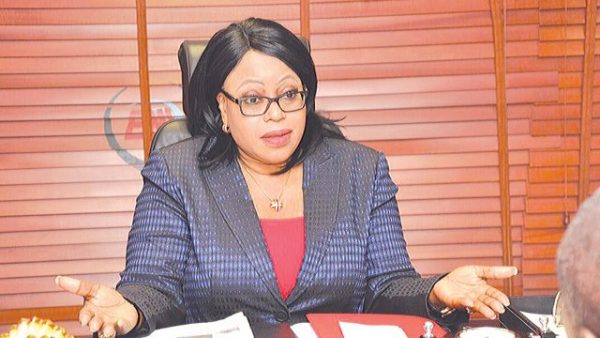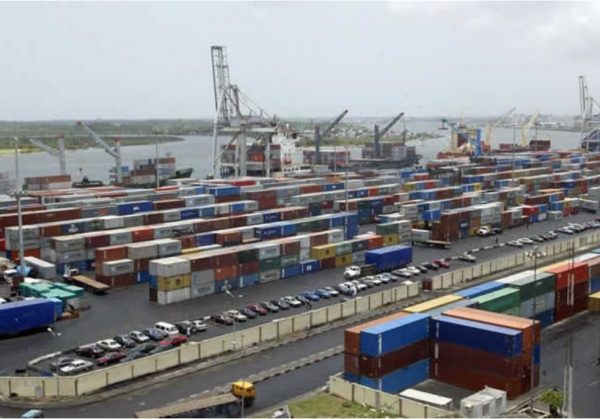Shipping Lines Operating A Racket With Empty Container Business – NSC

- We have 12,000 containers stuck in Nigeria – Maersk laments
By Kenneth Jukpor
The Executive Secretary of Nigerian Shippers’ Council (NSC), Hon. Emmanuel Jime has described the operations of shipping lines in the country with regards to container deposit as a ‘racket’ as over N700million has been fleeced from importers in 2021 alone.
Jime, who was speaking during one of the sessions at the just concluded Nigeria International Maritime Summit (NIMS), frowned at the development and opined that shipping lines in the country may have become more interesting in the business of detaining containers.
His words: “Shipping companies in Nigeria may have decided not to do shipping anymore because it pays more to detain containers and make more money. NSC is making efforts to address this problem by instituting a container insurance scheme. We are working with the National Insurance Commission (NAICOM) to put in place a framework to replace container deposit with insurance.”
In her reaction, the Managing Director of Maersk Nigeria, Ms. Lara Lana lamented that the shipping company has over 12,000 containers stuck in several holding bays across the nation with no hope of getting back to the needed locations in China.
“As a shipping company, between January and October, 2021, Maersk Nigeria has lost about 3,000 containers and the value of each container ranges between $7,000 and $14,000 depending on the year when the container was made. If you go to retail sites like Jiji, you will see our containers for sale. There are numbers to call to buy our containers that we aren’t officially selling. In Maersk Line, when taking the commercial decision on the container, we consider the value of the cargo because we can’t collect demurrage or detention above the value of the cargo or above the value of the container,” she said.
She opined that there is a need to have a balanced discussion on how the industry could guarantee that the assets of Maersk Line and other shipping companies are protected.
According to her, if Maersk Line is able to move all containers stuck in the nation to China, it would affect the freight cost of shipping to Nigeria.
“If we are taking a reefer container out, which is the most expensive container type, we want a guarantee the container will come back. The Lagos traffic and absence of regulatory authorities to help get these containers back, also heightens the risk. However, we are open to having discussions on this in a bid to attain solutions that will be mutually beneficial to the parties involved,” Lara stated.
Speaking with MMS Plus, the NSC boss assured that the Council would continue to engage shipping lines on the issue in a bid to attain the best practice.
“We will continue to engage and that’s why a summit like this is very important. As a regulator, we are unbiased but we need everyone to come to the table with the necessary information so that we can take a decision that is well-informed. As it stands right now, I’m convinced that we have to act speedily on this issue because it is going a great injustice to Nigerian shippers. We would engage the shipping lines further and come up with a solution that is a win-win for all parties,” he added.
Also speaking on the same session titled; “Achieving Effective Trade Facilitation in Nigeria and Activating the Nigeria Agenda for the African Continental Free Trade Area, the Chairperson of Seaport Terminal Operators Association of Nigeria (STOAN), Princess Vicky Haastrup lamented that poor transportation infrastructure had led to high transportation costs.
“High transportation costs coupled with poor road and rail infrastructure rank high among the major reasons for the low competitiveness of the Nigerian economy. This increases the cost of products and reduces the shelf life of perishable goods, which lowers their market value. This also impairs the value of our non-oil export,” she said.
Haastrup noted that recent report by Financial Times indicated that it costs more to transport a container from one part of Nigeria to the other, than to ship the same container from Europe or the Far East to Nigeria.
Noting that Customs recently acquired scanners, she stressed that Customs should use technology to drive its processes, adding that it is time to actualize the e-Customs project to enable consignees do their documentation online and make necessary payments to Customs and other government agencies without having to physically visit the port.







